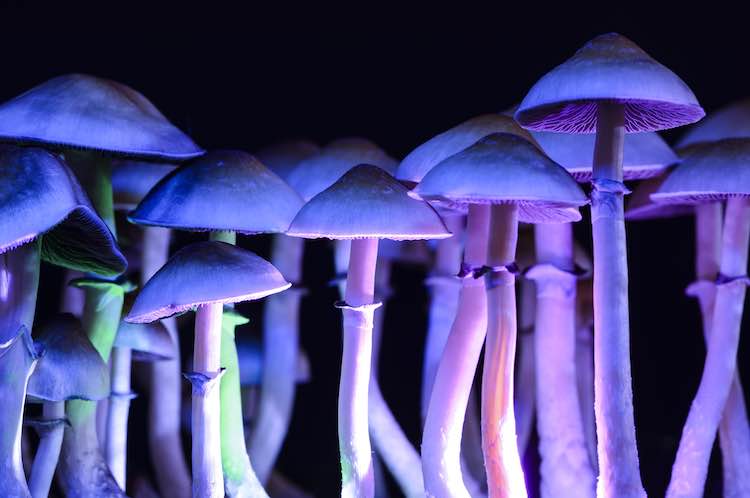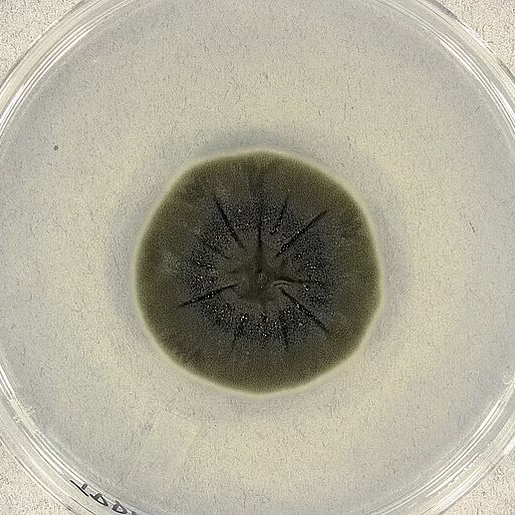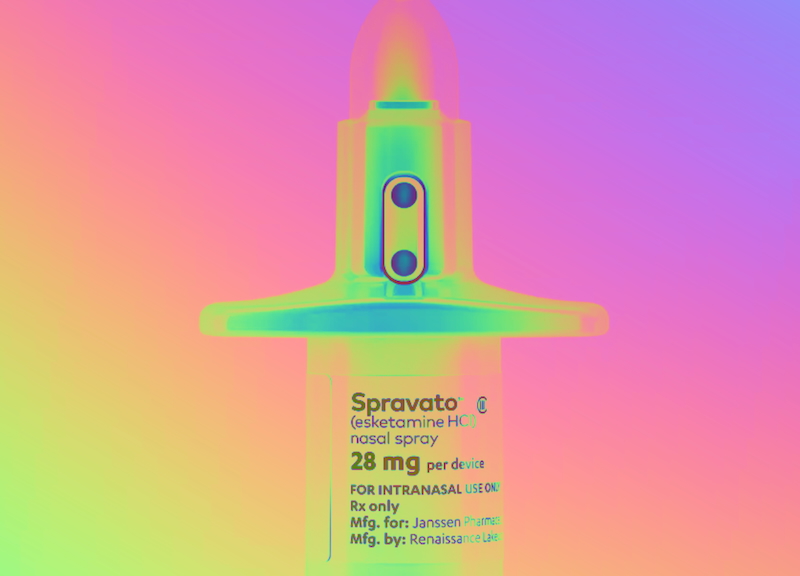The word “psychedelics” usually brings to mind images of strong hallucinations during an extensive trip. However, microdosing in today’s age is far from that. Psychedelics are no longer limited to hippies and experimental 20-year-olds as parents, especially new moms, are discovering the benefits of psychedelic parenting, with psilocybin having the most profound impact. From postpartum depression to common benefits of microdosing, psychedelics are helping new mothers connect with themselves and their newborns in exciting new ways.
What is Microdosing?

Microdosing involves consuming small amounts of a drug substance, usually a psychedelic, too small to cause visible effects (a full-blown trip), usually around 5% of a conventional dose. Despite the absence of visible effects, studies show the effectiveness of a single microdose to have the ability to make changes on a cellular level and even restore neural connections within the brain. When done properly, microdosing can produce some of the same benefits as full-dose therapy without triggering the severe and often harmful hallucinatory effects.
What can you expect when microdosing?
Benefits of microdosing include improved mood and a stronger sense of optimism, a drastic decrease in anxiety levels, increased focus and fewer difficulties in concentration, motivation, higher levels of energy, less social anxiety and better handling of relationships, more creativity in thought processes, better sleep quality, improved confidence and mental strength, and a greater sense of self-worth.
Motherhood & microdosing
For new or young mothers, motherhood can be a tough job with immense responsibilities and a rollercoaster of emotions. In trying to balance it all, “psychedelic parenting” is becoming a more mainstream and documented phenomenon, and parents, especially mothers, are turning to a more vibrant alternative through microdosing to improve their personal wellbeing and parenting.
Microdosing has allowed mothers to retain their responsibilities while also managing their self-care. For many, psilocybin has become a lifeline of personal and parental care management when other choices failed to alleviate the mental and emotional strains of parenthood. Some even said it made them better parents. Microdosing has helped mothers properly manage the anxiety of their kid’s safety and mom guilt, as well as potential depression that comes with raising a family. It has prevented new moms with heightened senses of overprotectiveness towards their little ones from spiraling down their anxious thoughts. It has helped mothers feel a stronger sense of connection with their children and enjoy the time they spend with them on a deeper level. It has made mothers see their children through a more sympathetic view and gain better control over their nerves. Many moms turned to psychedelic mushroom microdosing after their postpartum depression failed to resolve and reported significant improvement. Women who were in a committed relationship showed a deeper relationship with their partner and confidence within their skills as parents.
Although benefits of microdosing differ from one mom to another, many mothers turn to it to remain well and functioning enough to go on with their usual task-filled days. Microdosing is not necessarily about chasing a high or adding excitement into their daily routines.
The effects of psychedelics in overcoming postpartum depression
For mothers who suffer from postpartum depression, microdosing with psilocybin can help recover from postpartum depression faster and relieve the symptoms in a more natural and long-term manner. Recently, Yale produced a study in which a single dose of psilocybin was shown to not only improve neural connections within the brain, but also spur new growth of these connections that were lost due to depression.
Psychedelics and breastfeeding
Microdosing psychedelics has been reported to help mothers suffering from postpartum depression. However, there is a concern about whether it is safe to microdose while breastfeeding. It is unethical to study the effects of a substance on a baby’s health, so there is no straightforward answer. The general recommendation is to wait until the baby is fully weaned, but for some mothers, this may seem like a long time. Postpartum depression can have significant impacts on both the mother and the family, and microdosing can help manage depression while allowing parents to be present in their family’s lives.
Psilocybin is considered the safest option for microdosing, as it has the shortest half-life of common psychedelics. Waiting until five half-lives have passed before nursing is considered safer, but there is still some risk. Some mothers have reported successfully microdosing while pumping milk until the substance has passed from their system. Another option is to use donor breast milk, but this can be expensive and may not be readily available.
However, there are risks associated with microdosing while lactating. The long-term effects of magic mushrooms on babies are unknown, and in areas where psychedelics are not legalized, mothers can be criminalized and have their child taken away. It is not advised to practice microdosing without seeking professional medical care.
Mothers should always consult with their doctor or primary health care physician before taking any drugs that could potentially harm their baby. While some mothers have reported no adverse effects on their child while microdosing, there are many factors to consider, and medical guidance is recommended.
In indigenous cultures, mothers have safely consumed psychedelics while breastfeeding, but there is still a need for more scientific research on microdosing and women’s health. It may take years before recreational use of these drugs comes with formalized dosages or certifiable knowledge.
Until then, it is important to make an informed decision based on available information and consult with medical professionals. To learn more about microdosing, visit the GO Microdose website. However, always exercise caution and consult with medical professionals before taking any drugs that could potentially harm your baby.




